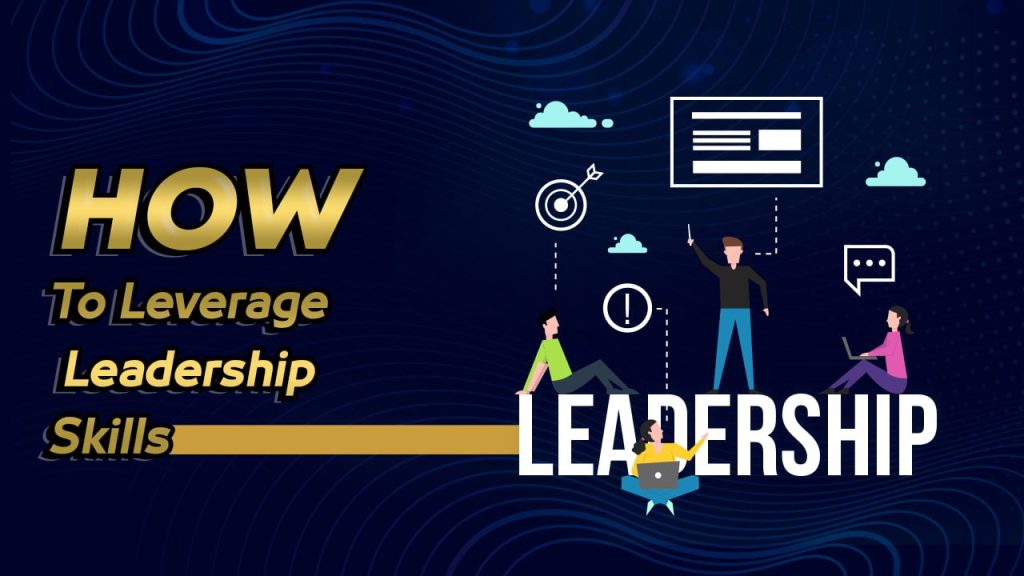In a world marked by dynamic shifts and global challenges, a new breed of leaders is emerging – the Executives of Impact. These trailblazers are redefining the corporate landscape, prioritizing societal and environmental impact alongside traditional profit-centric goals. This article explores the evolution of leadership, the defining traits of Executives of Impact, and the pivotal role they play in steering organizations towards a future of purpose-driven success.

Defining Executives of Impact
Executives of Impact represent a departure from conventional corporate leadership. Unlike their predecessors, these leaders prioritize not only financial success but also the broader impact their organizations have on society and the environment. They embody a paradigm shift, where purpose-driven leadership takes center stage, redefining success beyond the balance sheet.
The Changing Face of Corporate Leadership
The historical context of corporate leadership has been characterized by a predominant focus on financial performance. However, the increasing awareness of societal and environmental challenges has prompted a reevaluation of leadership values. Companies and leaders are recognizing the need for a more holistic approach that addresses the concerns of diverse stakeholders, including employees, customers, and the planet.
Key Traits of Executives of Impact
Executives of Impact possess a unique set of characteristics that distinguish them in the corporate landscape. Values, empathy, and a commitment to social responsibility are at the core of their leadership philosophy. These leaders understand that aligning business goals with societal and environmental needs not only contributes to positive change but also ensures long-term corporate success.
Impactful Leadership in Practice
Real-world case studies shed light on the practical aspects of impactful leadership. From pioneering sustainable business practices to championing social causes, Executives of Impact are driving change that goes beyond the bottom line. These leaders demonstrate that integrating purpose into business strategies not only benefits society but also creates a competitive advantage and enhances brand reputation.
Challenges and Opportunities
While Executives of Impact are steering organizations toward positive change, they face challenges on this transformative journey. Resistance to change, navigating regulatory landscapes, and balancing financial sustainability with impact goals are among the obstacles. However, these challenges present opportunities for innovation, collaboration, and the creation of resilient, purpose-driven organizational cultures.
Building a Pipeline of Impactful Leaders
To ensure a sustainable future of impactful leadership, organizations need to cultivate a pipeline of leaders with the skills and mindset to drive change. Strategies include incorporating impact-oriented leadership skills into training programs, fostering mentorship relationships, and creating environments that attract and retain Executives of Impact.
Measuring Impact and Success
Executives of Impact understand the importance of measuring the impact of their initiatives. Metrics that assess social and environmental outcomes alongside financial indicators are essential. Balancing these metrics provides a comprehensive view of success, aligning business objectives with the broader goal of creating a positive impact on society and the planet.
Future Trends in Impactful Leadership
As the world continues to evolve, the role of Executives of Impact is set to become even more influential. Predictions for the future include an increased emphasis on purpose-driven business models, a growing demand for transparency, and the integration of impact metrics into mainstream financial reporting. Executives of Impact are poised to shape the next era of global business trends.

Conclusion
The rise of Executives of Impact marks a significant shift in the corporate paradigm. These leaders are not only responding to societal and environmental challenges but are proactively driving change, recognizing that purpose-driven leadership is not just a moral imperative but a strategic advantage. As organizations embrace this transformative approach, the enduring impact of Executives of Impact on the corporate world becomes increasingly evident.
Books:
- “The Purpose Economy” by Aaron Hurst
- “Conscious Capitalism” by John Mackey and Raj Sisodia
Educational Programs:
- MIT Sloan – Sustainability Certificate Program
- Coursera – Corporate Social Responsibility Specialization
Online Platforms:
- Sustainable Brands Community
- Global Impact Leadership Network on LinkedIn
FAQs
Q: What distinguishes Executives of Impact from traditional corporate leaders?
A: Executives of Impact prioritize societal and environmental impact alongside financial success, embodying a purpose-driven leadership philosophy distinct from traditional profit-centric approaches.
Q: How can organizations attract and retain Executives of Impact?
A: Organizations can create environments that align with the values of Executives of Impact, offering purpose-driven cultures, opportunities for meaningful work, and demonstrating a commitment to sustainability.
Q: What challenges do Executives of Impact face in driving change?
A: Executives of Impact may encounter challenges such as resistance to change, navigating regulatory landscapes, and balancing financial sustainability with impact goals. However, these challenges present opportunities for innovation and collaboration.
Q: How do Executives of Impact measure the success of their initiatives?
A: Executives of Impact use a comprehensive set of metrics that assess both financial performance and social/environmental impact, providing a holistic view of success.




